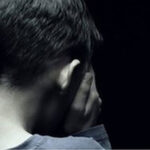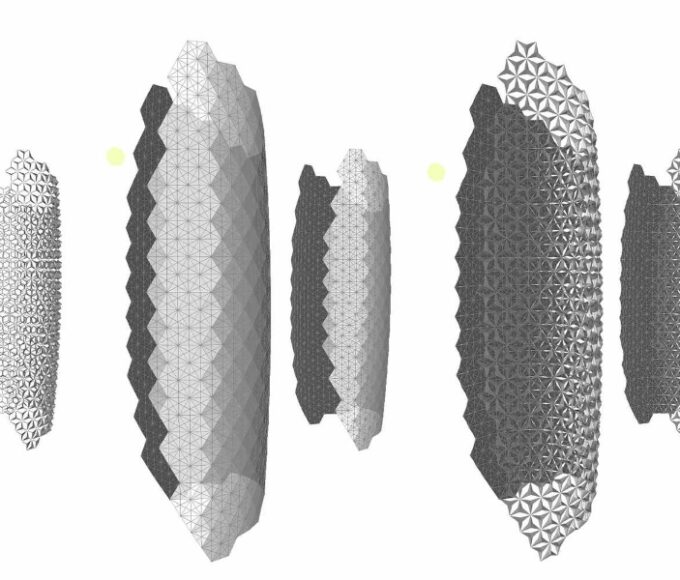On Wednesday, Google’s DeepMind unveiled the AlphaFold 3, a new model for predicting protein structures, which can assist scientists in more accurately targeting disease mechanisms and developing more effective therapeutic drugs. Researchers at DeepMind stated that AlphaFold 3 is an artificial intelligence (AI) model capable of predicting the structures of biological molecules such as proteins, DNA, and RNA, as well as their interactions.
During a press conference on Tuesday, DeepMind CEO Demis Hassabis remarked that AlphaFold 3 represents a significant milestone for them. “Biology is a dynamic system, and you need to understand how physiological properties arise through the interactions between different molecules within cells. You can think of AlphaFold 3 as a big step forward in that direction.”
Hassabis added that groundbreaking research papers related to AlphaFold 3 would be published in Nature on Wednesday, noting that AlphaFold 3 could significantly reduce the time and resources needed to develop life-changing therapies.
Additionally, DeepMind has launched the AlphaFold Server, a free platform for global scientists to use for non-commercial research purposes.
Milestone Breakthrough

According to Latest news, in 2018, DeepMind introduced the first-generation AlphaFold model, which won first place in the international protein structure prediction competition. In 2020, AlphaFold 2 continued to demonstrate remarkable prediction accuracy, heralded as a milestone breakthrough in the field of protein structure prediction.
Today, AlphaFold 3 takes it further by predicting the structures of nearly all biological molecules and simulating their interactions. While researchers have previously developed specialized computational methods to simulate interactions between specific types of biological molecules, AlphaFold 3 is the first single system capable of predicting interactions between almost all types of molecules with state-of-the-art performance.
Understanding interactions between molecules through conventional experimental methods could take years of research and come with prohibitive costs. However, if these interactions can be obtained through computation with sufficient accuracy, biological research can be greatly accelerated.
For instance, if researchers believe that a molecule capable of binding to a specific protein site could be a promising drug candidate, they can use AI systems like AlphaFold 3 to screen potential drug molecules.
Nobel laureate and geneticist Paul Nurse commented that AlphaFold is continually improving and becoming increasingly important for biological research. AlphaFold 3 can predict the structures of complexes between different macromolecules with higher accuracy, as well as interactions between macromolecules, small molecules, and ions.
Dr. Ivo Tews from the University of Southampton described AlphaFold 3 as a leap forward and stated that his laboratory would use it to develop cancer treatments. He added, “This will save a lot of time and accelerate research by generating models, and then we can explore with new experiments.”












